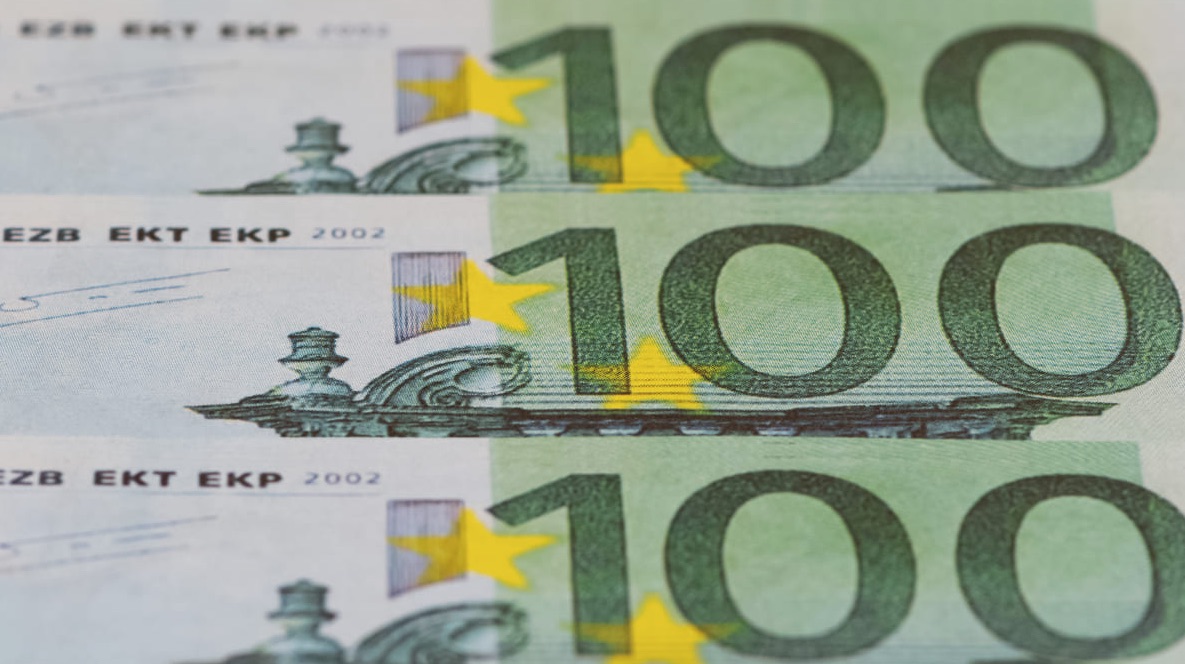
EU Climate Bank Warns of Reputational Damage Under New Sustainable Finance Rules
The European Investment Bank (EIB), the EU’s self-styled “climate bank,” is sounding alarms over upcoming regulations tied to the EU’s green taxonomy. Internal reports suggest that the EIB’s sustainability rating, currently measured at over 50%, could plummet to a mere 1% under the new criteria.
These revelations come as the EU prepares to implement standardized indicators for assessing sustainable investments, raising concerns about the EIB’s reputation as a leader in climate finance.
Impact of Green Asset Ratio on EIB Investments
The Financial Times, citing internal EIB documents, highlights the critical challenge posed by the introduction of the Green Asset Ratio (GAR). Unlike the EIB’s proprietary “Climate Action Ratio,” which has tracked green investments since 2015, the GAR adopts stricter, EU-wide metrics.
According to EIB officials, GAR calculations exclude investments outside Europe and projects involving small and medium-sized enterprises (SMEs). This narrow scope is expected to significantly reduce the bank’s reported share of green investments, creating a damaging perception gap.
Leadership Urges Regulatory Changes
In a confidential email obtained by the Financial Times, Jean-Christophe Laloux, EIB’s Head of Operations, suggests delaying compliance deadlines and pressing the European Commission for adjustments. “The taxonomy is currently unworkable for a bank like the EIB that reinvests its proceeds,” Laloux wrote, emphasizing the need for urgent revisions to avoid undermining the bank’s climate mission.
EIB President Nadia Calviño echoed these sentiments in a letter to European Commission President Ursula von der Leyen. She warned that the current GAR framework paradoxically discourages climate financing by policy-oriented institutions.
A Looming Perception Crisis for Sustainable Finance
The shift to GAR highlights broader tensions in aligning public and private sector financial institutions with the EU’s ambitious climate goals. For the EIB, which has championed the Green Deal since 2019, the reputational risk of failing to meet new sustainability metrics could have far-reaching consequences.
As the EU moves forward with implementing the green taxonomy, the stakes remain high—not only for the EIB but for the broader landscape of sustainable finance in Europe.